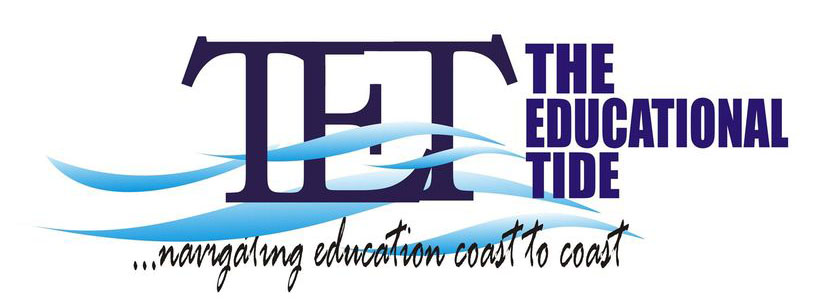The outcome of the forthcoming election in Nigeria could potentially significantly impact the future of educational development in the country. The policies and priorities of the elected government will play a significant role in shaping the direction of academic development in Nigeria.
It is important to note that the policies and plans of any political party or candidate can change, so it will be essential to monitor the situation and track their progress once they are in office.
In lieu of this, we present the manifesto of the presidential aspirant of the People’s Democratic Party, Atiku Abubakar on Education as we will do for other candidates.
Atiku Abubakar said “I truly believe that an educated population forms the backbone for a progressive and prosperous society… education is the key to unlocking opportunity, prosperity and progress… education can and should be this key”
His policy objectives are;
a. Improve and strengthen the education system to make it more efficient, more accessible, more qualitative and relevant to the needs of the Nigerian economy and society.
b. Work with the States to carry out far-reaching reforms of the system with a view to developing a knowledge-driven economy: that is, one in which the generation and exploitation of knowledge would play a
predominant part in the creation of wealth.
c. Promote a system that will endeavor to catch the recipients young at a time when they are receptive to creativity and critical thinking and equip them with the education and skills required to be competitive in the new global order driven by innovation, science, and technology and to lead healthy, productive, meaningful lives.
d. Promote an all-inclusive system that will carry along our citizens with special needs by ensuring that the rights of persons living with disabilities are protected and existing laws are implemented and encouraging states to adopt these laws.
He highlighted that his reforms in the education sector shall focus on four pillars.
1. Streamlining of functions and transfer of responsibilities for greater efficiency: The current division of responsibility between the State and federal government and a multiplicity of institutions is chaotic and often unclear with overlapping functions.
2. Development and promotion of Science and Technical Education for the creation of skills for the new economy.
3. Increasing investment in social infrastructure by the federal and state governments.The central government will collaborate with the federating units to establish a dedicated fund with a first line charge from the Federation Account to ensure a regular flow of resources for the expansion and improvement in the quality of science, engineering and technology education.
4. Improving access to qualitative as well as industry-relevant education.
All these are the plans for Alhaji Atiku Abubakar on Education if he emerges as the President of the Federal Republic of Nigeria.













